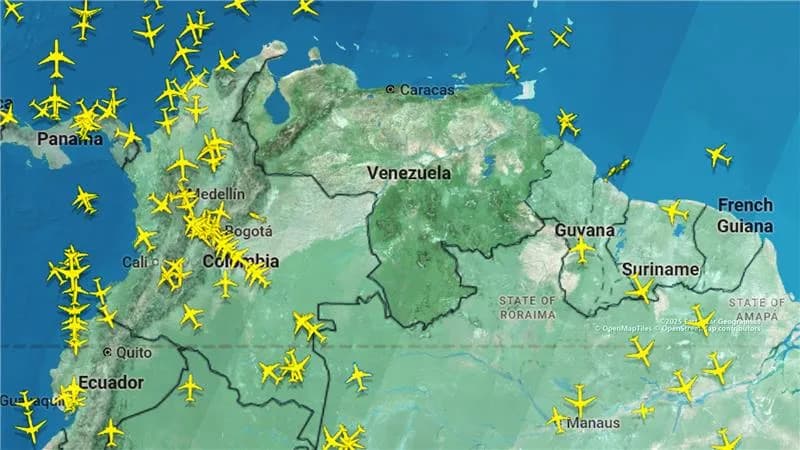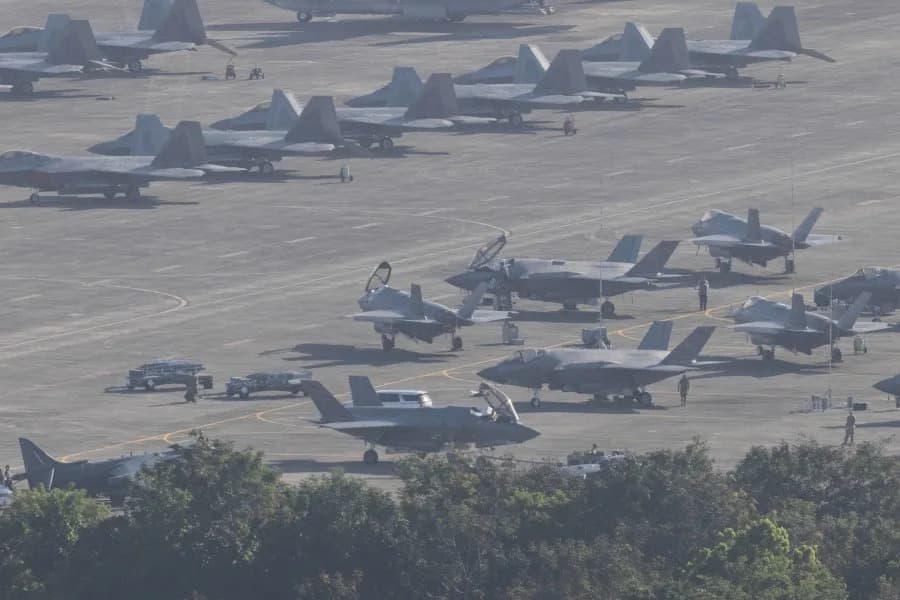Mexico has transferred some takeoff and landing slots at Mexico City International Airport to U.S. carriers in an effort to reverse route suspensions imposed by the U.S. Department of Transportation. President Claudia Sheinbaum said the redistribution — including slots from Mexicana de Aviación and private operators — was completed after direct talks with U.S. officials and was made "within a framework of competitiveness." The DOT had revoked authorizations Oct. 28, citing a reduction from 61 to 44 slots per hour and alleged ongoing abuses of the 2015 bilateral aviation agreement. Both governments are still negotiating to restore the suspended services.
Mexico Transfers Mexico City Airport Slots to U.S. Carriers in Bid to Restore Suspended Routes

The Mexican government announced it has transferred some takeoff and landing slots at Mexico City International Airport to U.S. carriers in an effort to reverse route suspensions imposed by the U.S. Department of Transportation. President Claudia Sheinbaum said the redistribution is complete and includes slots that had belonged to Mexicana de Aviación and private operators.
Direct talks and competitiveness
Sheinbaum said the changes were made "within a framework of competitiveness" following direct discussions with U.S. officials, though she did not specify the exact number of schedules reallocated. The move is intended to address U.S. concerns and help restore flights suspended by the DOT.
U.S. action and reasons cited
On Oct. 28, Transportation Secretary Sean Duffy signed an order revoking authorization for more than a dozen scheduled flights between Mexico and U.S. cities. The DOT said Mexico breached the 2015 bilateral aviation agreement by imposing scheduling restrictions at Mexico City International and by pushing U.S. cargo operations to Felipe Ángeles International Airport.
The department said the reduction of available slots at Mexico City from 61 to 44 per hour had limited U.S. carriers' operating capacity and created uncertainty about schedule management. U.S. officials also said Mexico had not adopted international standards for slot allocation, which they argue undermines fair competition.
Affected airlines and routes
The DOT action halted services by Aeroméxico, Volaris and Viva Aerobús, affecting routes that include flights from Felipe Ángeles to Houston, McAllen and Austin in Texas, and to Denver and Los Angeles, as well as routes from Mexico City International to Newark, N.J., and San Juan, Puerto Rico.
Next steps and system changes
Sheinbaum said Mexico plans to introduce a digital scheduling system next year to enable a more balanced distribution of slots and to allow Mexico City and Felipe Ángeles airports to operate as an integrated system. She also met with cargo operators to review customs procedures and operational needs.
The dispute remains unresolved as both governments continue negotiations to restore suspended flights and prevent further disruptions along one of the hemisphere's busiest air corridors.
Help us improve.




























